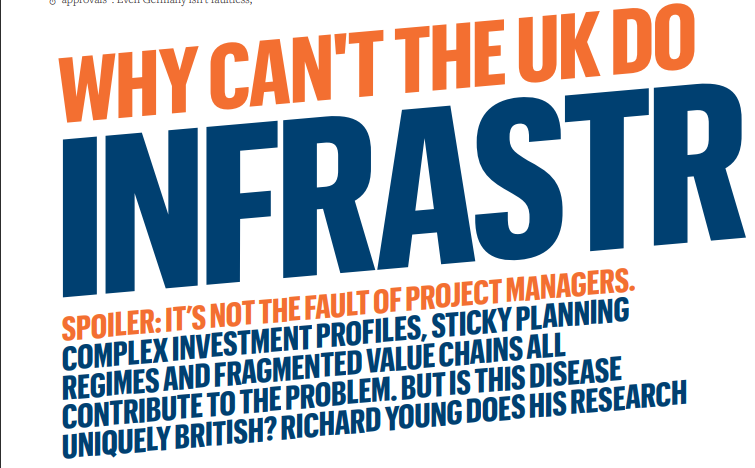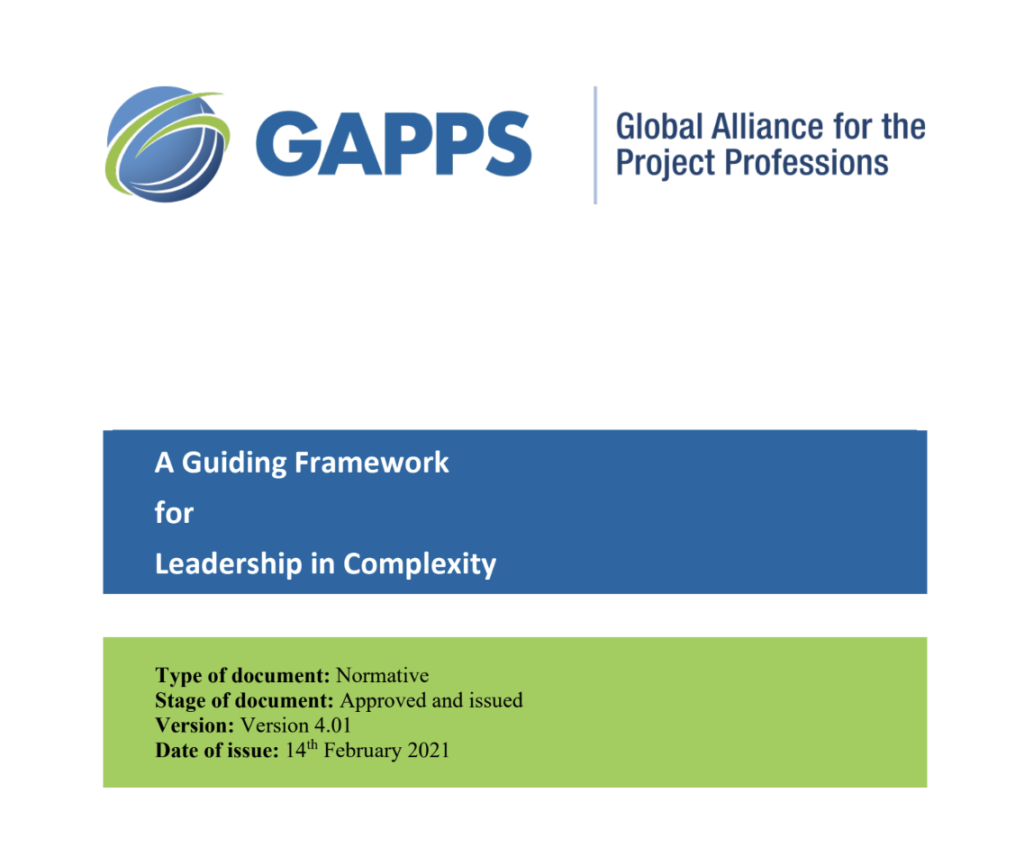
What do all successful project managers have in common?
A project manager is someone who applies knowledge, skills, tools, and procedures to project activities to satisfy project objectives and requirements.
What constitutes a good project manager, on the other hand, might vary depending on the project and the criteria of those who are trying to engage a project management professional.
That is not to suggest that there are no distinguishing traits that may be used to identify a successful project manager in a broad range of situations. Far from it, even though the method may differ, the qualities and relevant skills will be the same. So, what exactly is it that distinguishes a successful project manager from the rest of the crowd?

Communication
All successful project managers have one thing in common: they can communicate openly and effectively with their teams and can create an environment that is highly collaborative through engaging dialogue and consistent information distribution throughout all communication channels.
Project managers that intend to succeed in delivering their projects should be able to involve everyone at all levels and keep all stakeholders informed.
This includes face-to-face dialogues, which, despite the appeal of more virtual and contactless communication channels, are essential for efficient communication.

Workflow management
The necessity of keeping a project on schedule is dependent on maintaining a steady and consistent workflow. It does not matter whether the project is more digital in nature or more physical in nature. A critical part of ensuring that the workflow runs smoothly is directing the tasks that need to be completed rather than the people who will be performing them.

Identifying and solving issues
The ability to think on your feet and neutralise potentially problematic circumstances before they become an issue requires you to be one step ahead of the game. For example, monitoring workflows to anticipate potential obstacles, keeping track of stock and supply issues to limit delays or disruptions to the timeline and projected completion dates are all examples of proactive measures.

Maintain control over expectations
This involves the ability to say no at times. Successful project managers keep expectations within reasonable and controllable boundaries, they understand that increasing the workload without extending the deadline or allowing for regrouping to deal with additional demands and requests can possibly disrupt the progress of the project and also harm the morale of the project team and other associated stakeholders.
Declining unrealistic expectations can help you avoid going over budget and can help you stay on schedule. The ability to adapt minor adjustments and incorporate them into the existing plan is sometimes possible; yet being firm and denying stakeholders the ability to change needs can be difficult. However, doing so when required might be ultimately beneficial for the project in the long run.

Looking for opportunities to improve
At any stage of a project, a project manager should be aware that there are always opportunities for improvement and can draw on previous experiences and issues to resolve what did not go as smoothly as it could have and adapt the process until it becomes more streamlined.
It is possible to improve on all areas of one’s management ability by identifying what went well and why and what did not go so well. This will allow you to streamline and improve the experience for when you are ready for your next project.






